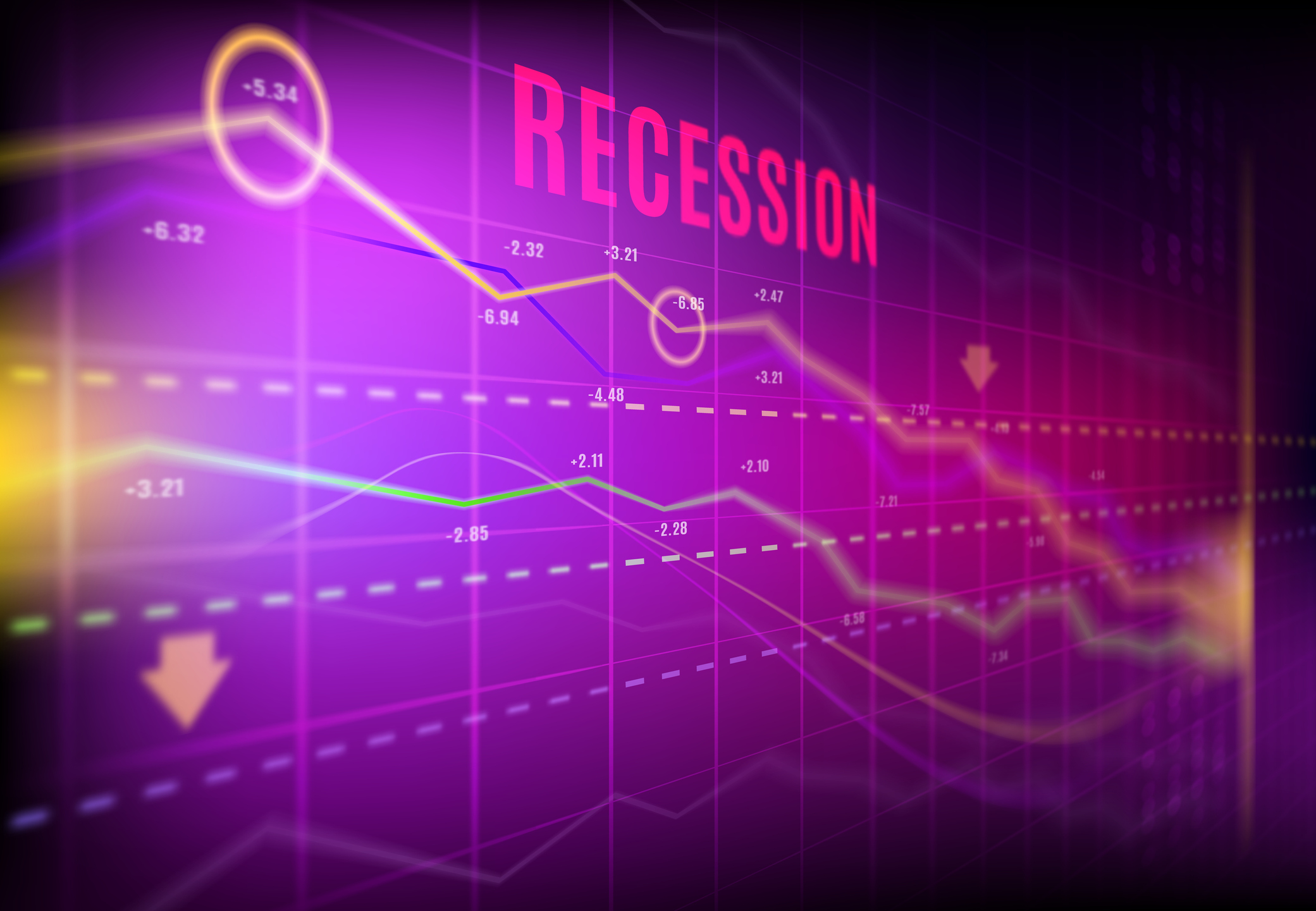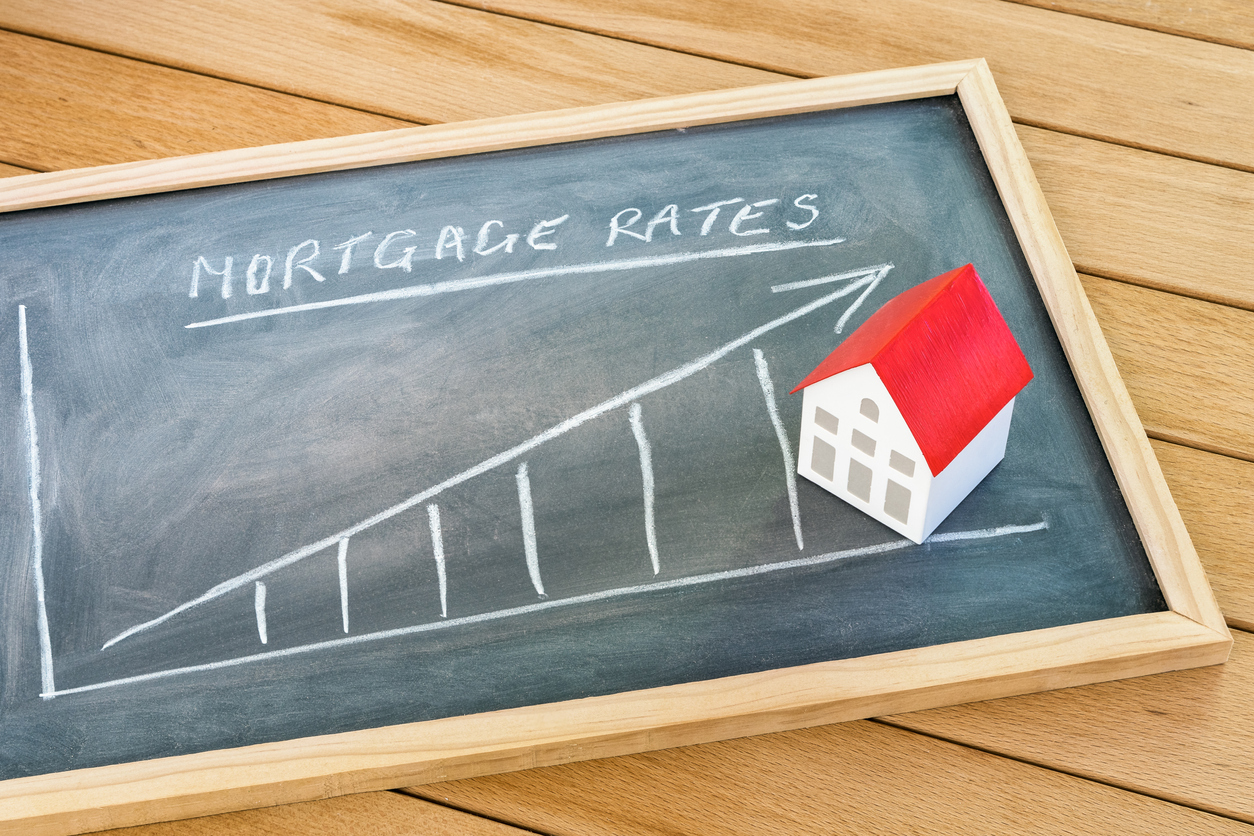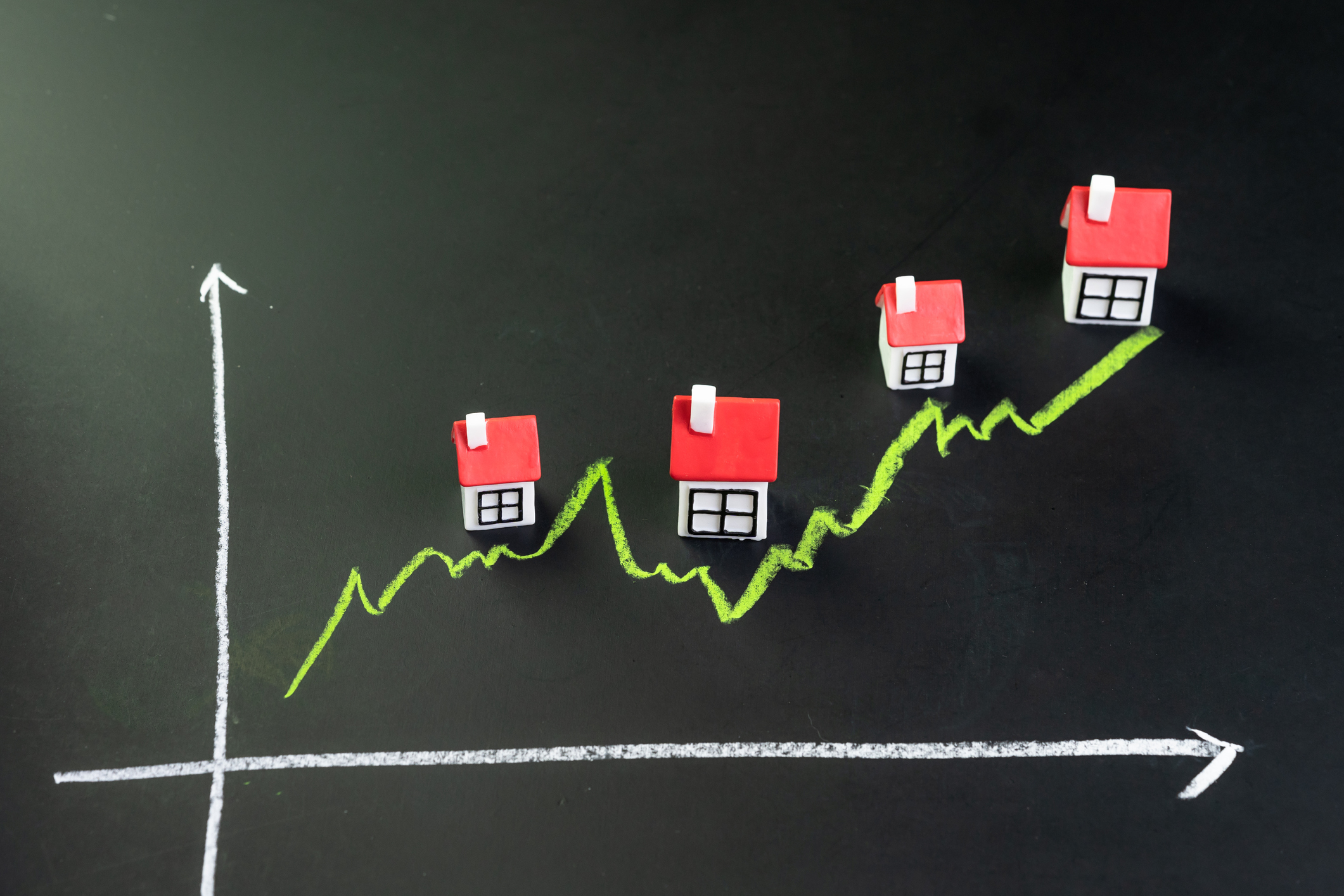Are we about to see home prices slow or even decline? Should real estate investors and property owners worry that the bubble is about to burst?
The combination of soaring home prices and higher interest rates – what we have today – is usually enough to slash affordability and force down values. Instead, we have fewer existing home sales and rising home prices at the same time. As the Ghostbusters told us, “there’s something strange in the neighborhood.”
The big question is why home prices have not fallen long before now. As we shall see, the answer is that less demand is being offset by a surprisingly-good economy and little supply. There is – at least so far – no real estate balloon to pop.
Moderating real estate prices
According to the National Association of Realtors (NAR), existing home prices in March reached $375,300. That’s up 15% from a year ago and “marks 121 consecutive months of year-over-year increases, the longest-running streak on record.”
An end to the streak does not mean prices must fall everywhere. Instead, we could see a gentle landing with smaller price increases in most metro areas along with outright declines in some.
“That run of records is likely to end soon as the housing market passes an inflection point,” said Jeff Tucker, a senior economist with Zillow. “That doesn’t mean a housing crash is coming or even that prices will fall, but rather that the pace of price growth is likely to decelerate and more homes will be available for sale. This rebalancing would be welcome news for buyers, especially those purchasing their first home.”
Good times & real estate wealth
One reason to think that real estate demand will remain relatively strong is that a large percentage of the population is doing well. Really well.
“For the 158 million who are employed, prospects haven’t been this bright since men landed on the moon, said The New York Times in May. “As many as half of those workers have retirement accounts that were fattened by a prolonged bull market in stocks.”
That’s not all. As the Times explained, “there are 83 million owner-occupied homes in the United States. At the rate they have been increasing in value, a lot of them are in effect a giant piggy bank that families live inside.”
In the first quarter, ATTOM – RealtyTrac’s corporate parent – found that 44.9% of all mortgaged residential properties were equity rich, meaning that mortgage debt was no more than 50% of the property’s value.
And on the downside? Just one in 31 homes (3.2%) were seriously underwater in the same period, homes where mortgage balances were at least 25% higher than the property’s estimated market value.
They’re not making real estate anymore – or enough houses
Home prices are strong today in large measure because supply is grossly insufficient.
First, there’s little existing home supply. In March, available existing home inventory was down 9.5% from a year ago according to NAR – and a year ago there was little inventory. The shortage has simply gotten worse.
Second, new construction is contracting. In 2005 we had nearly 2.1 million new home starts, a figure that fell to 1.6 million in 2021. At the same time, the US population went from 296 million in 2005 to 332 million in 2021. We have a growing population but substantially less new construction. The result is that a huge number of homes were never built, the source of the so-called “underbuilding” crisis.
- We have created a shortage of 5.2 million units during the past decade, according to Realtor.com.
- Freddie Mac says we need an additional 3.8 million units to meet demand.
- An NAR report estimates that we have 5.5 million missing housing units.
- The problem continues. In March 2022 new home sales were 12.6% lower than a year ago.

Third, the odds of a sudden building surge are poor. While demand for more units is there, the workers are not. The construction industry had 396,000 job openings in March.
Fourth. distressed sales are not flooding the market and pushing down prices. Federal foreclosure and eviction bans are gone. Estimates last year from the Consumer Financial Protection Bureau (CFPB) that as many as 11 million households could face evictions and foreclosures once the moratoriums ended have proven to be overblown.
Fifth, a lot of current homeowners simply don’t want to sell. “Selling in today’s market often means giving up mortgages in the 2% and 3% range in exchange for higher-cost financing at 5% or so,” said Rick Sharga, RealtyTrac’s Executive Vice President. “Also, offering a home for sale means a change in status, from much-courted seller to much-ignored buyer, someone likely to face a bidding war in most areas.”
One exception, said Sharga, are financial emigrants, those “who sell in high-cost markets, move to areas with less expensive homes and no state income taxes, have good pay working from home, and are able to buy replacement properties for cash.”
Just as one would expect with rising prices and higher interest rates, we have less demand and fewer sales. At the same time, we continue to have an inventory shortage as well as a large pool of qualified buyers, a combination that prevents an all-out price decline. The result is that we now have a housing market balloon that slowly leaks, rather than a bubble that bursts.



